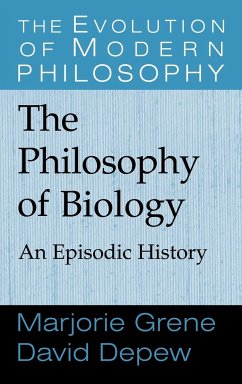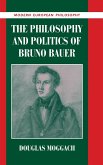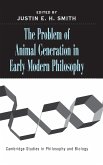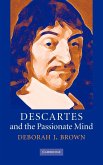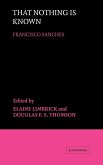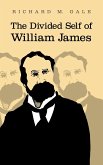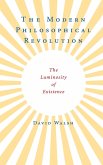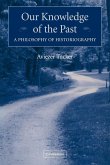Short description/annotation
Examines how the philosophy of biology has evolved to our current understanding.
Main description
Is life different from the non-living(?)33; If so, how(?)33; And how, in that case, does biology as the study of living things differ from other sciences(?)33; These questions are traced through an exploration of episodes in the history of biology and philosophy. The book begins with Aristotle, then moves on to Descartes, comparing his position with that of Harvey. In the eighteenth century the authors consider Buffon and Kant. In the nineteenth century the authors examine the Cuvier-Geoffroy debate, pre-Darwinian geology and natural theology, Darwin and the transition from Darwin to the revival of Mendelism. Two chapters deal with the evolutionary synthesis and such questions as the species problem, the reducibility or otherwise of biology to physics and chemistry, and the problem of biological explanation in terms of function and teleology. The final chapters reflect on the implications of the philosophy of biology for philosophy of science in general.
Table of contents:
1. Aristotle and after; 2. Descartes, Harvey and the emergence of modern mechanism; 3. The eighteenth century: Buffon; 4. The eighteenth century II: Kant the development of German biology; 5. Before Darwin I: A continental controversy; 6. Before Darwin II: British controversies about geology and natural theology; 7. Darwin; 8. Evolution and heredity from Darwin to the rise of genetics; 9. The modern evolutionary synthesis and its discontents; 10. Some themes in recent philosophy of biology: The species problem, reducibility, function and teleology; 11. Biology and human nature; 12. The philosophy of biology and the philosophy of science.
Hinweis: Dieser Artikel kann nur an eine deutsche Lieferadresse ausgeliefert werden.
Examines how the philosophy of biology has evolved to our current understanding.
Main description
Is life different from the non-living(?)33; If so, how(?)33; And how, in that case, does biology as the study of living things differ from other sciences(?)33; These questions are traced through an exploration of episodes in the history of biology and philosophy. The book begins with Aristotle, then moves on to Descartes, comparing his position with that of Harvey. In the eighteenth century the authors consider Buffon and Kant. In the nineteenth century the authors examine the Cuvier-Geoffroy debate, pre-Darwinian geology and natural theology, Darwin and the transition from Darwin to the revival of Mendelism. Two chapters deal with the evolutionary synthesis and such questions as the species problem, the reducibility or otherwise of biology to physics and chemistry, and the problem of biological explanation in terms of function and teleology. The final chapters reflect on the implications of the philosophy of biology for philosophy of science in general.
Table of contents:
1. Aristotle and after; 2. Descartes, Harvey and the emergence of modern mechanism; 3. The eighteenth century: Buffon; 4. The eighteenth century II: Kant the development of German biology; 5. Before Darwin I: A continental controversy; 6. Before Darwin II: British controversies about geology and natural theology; 7. Darwin; 8. Evolution and heredity from Darwin to the rise of genetics; 9. The modern evolutionary synthesis and its discontents; 10. Some themes in recent philosophy of biology: The species problem, reducibility, function and teleology; 11. Biology and human nature; 12. The philosophy of biology and the philosophy of science.
Hinweis: Dieser Artikel kann nur an eine deutsche Lieferadresse ausgeliefert werden.

